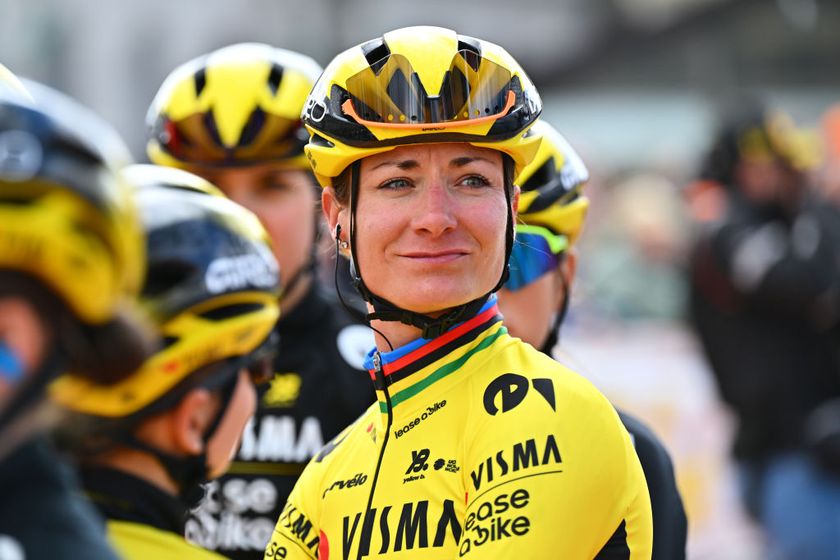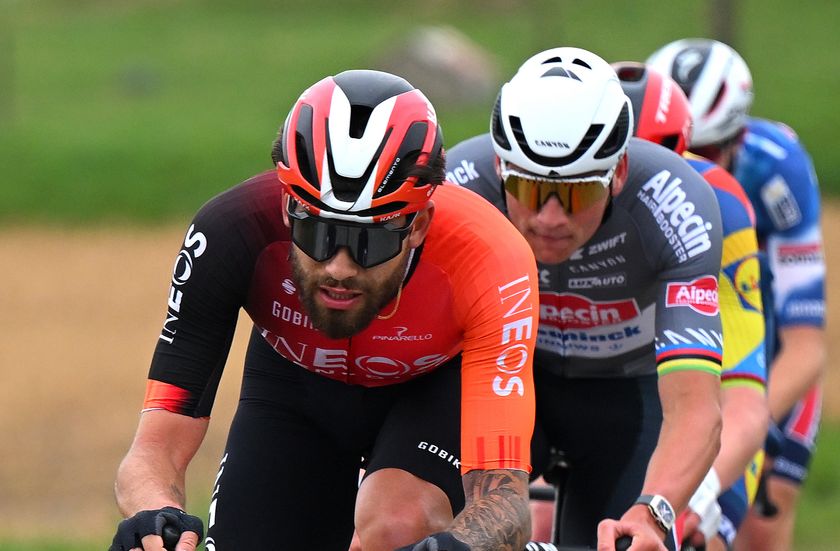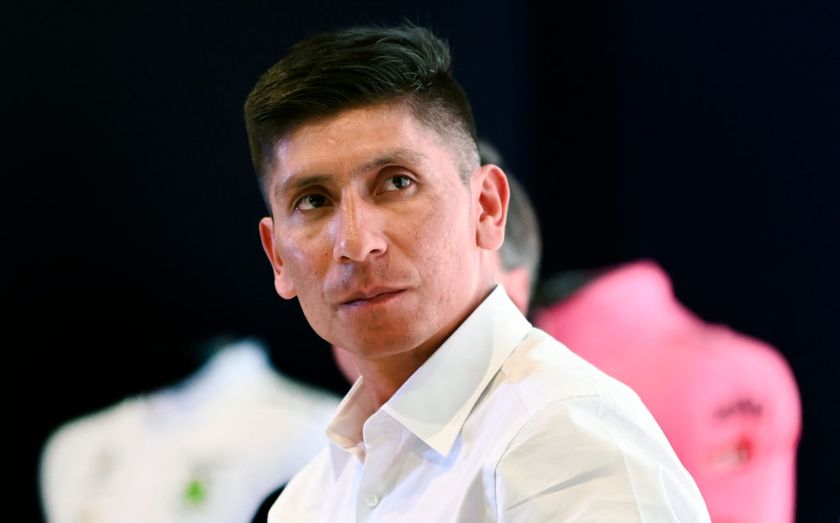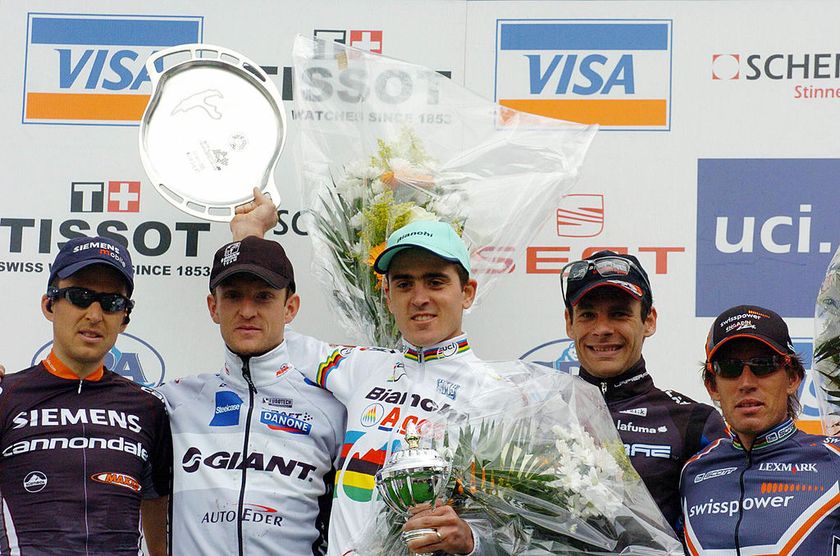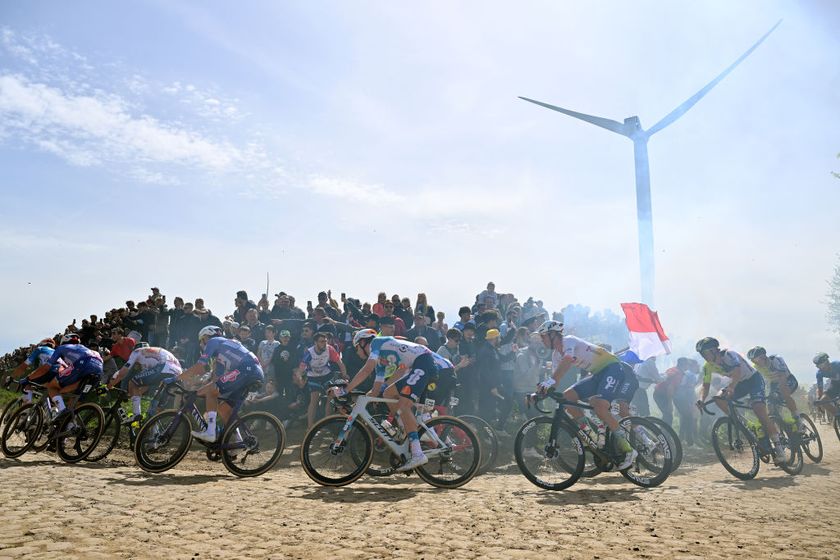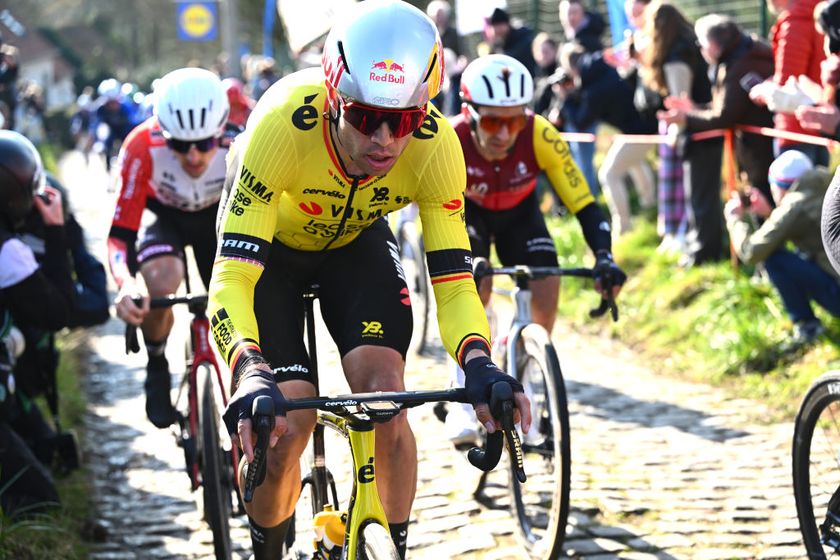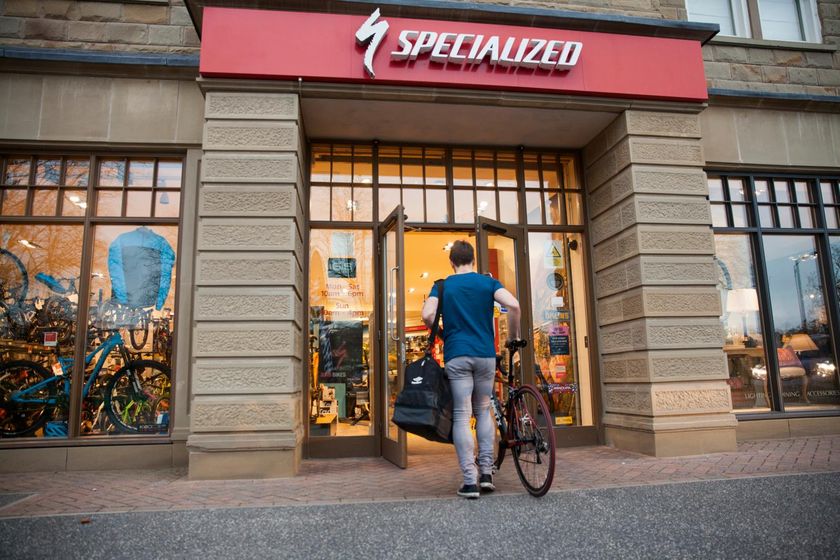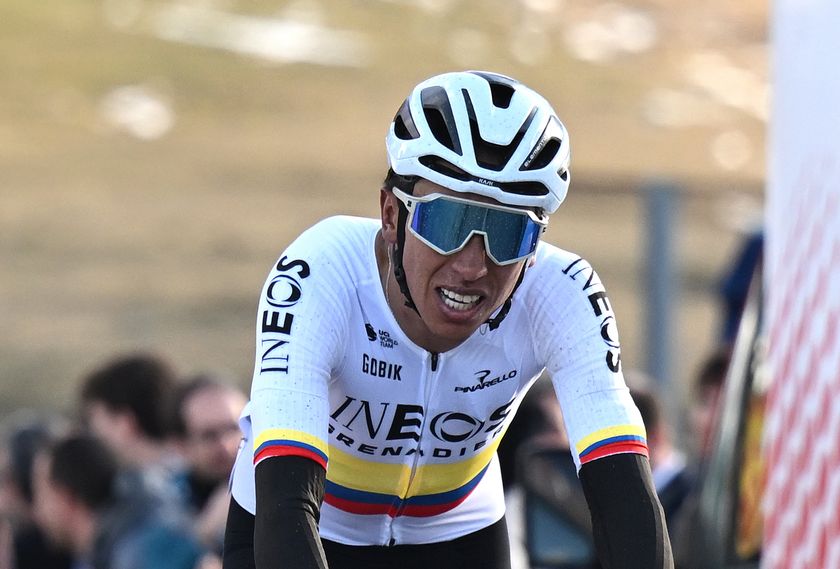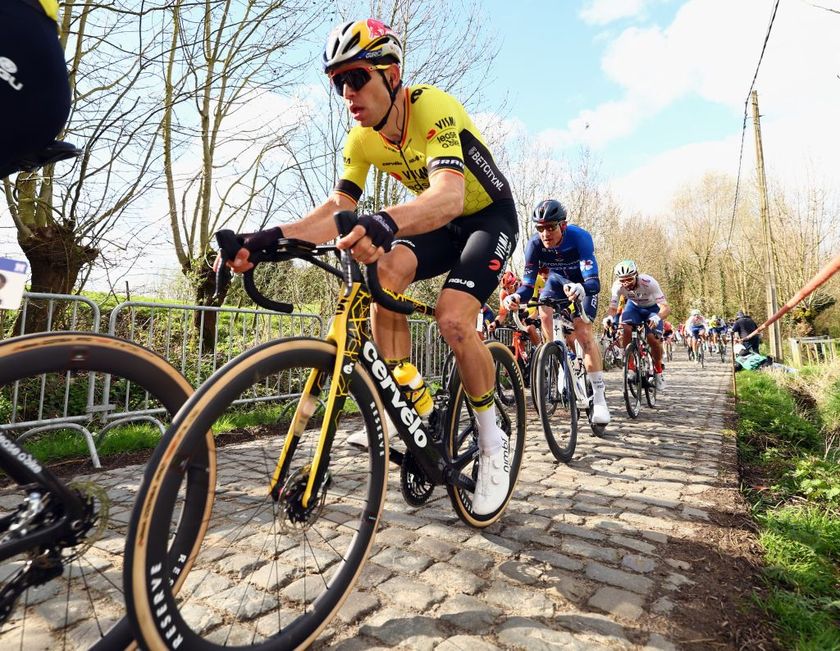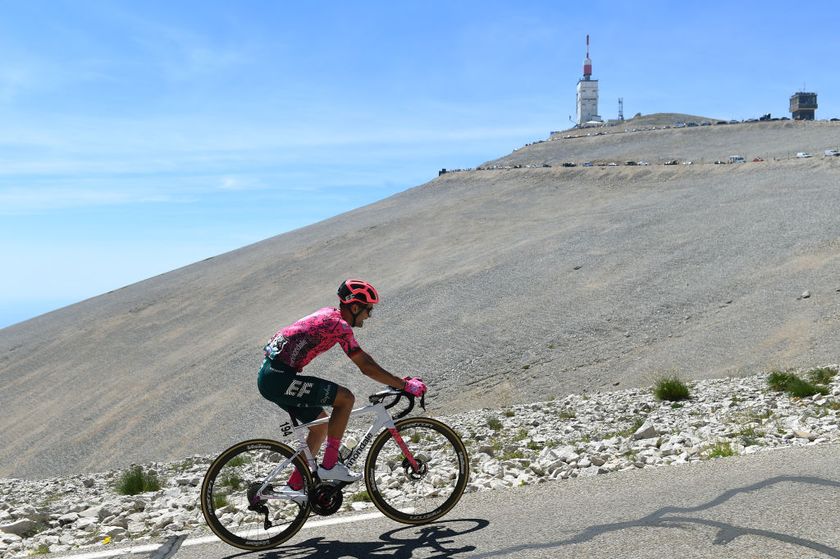Vaughters shares Lefevere's concerns over sponsorship model if Tour de France is cancelled
‘We should look at how we help our sponsors through all of this’ say EF Pro Cycling boss
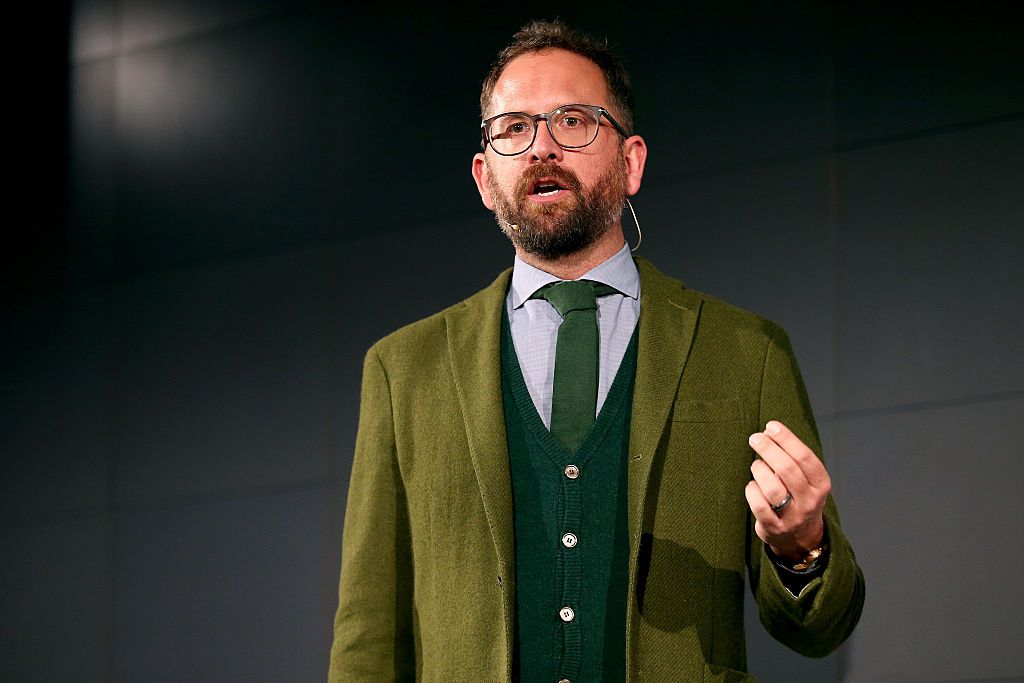
Jonathan Vaughters shares several of the concerns raised by Patrick Lefevere after the Belgian boss voiced his fears that the economic model on which cycling teams are based would collapse if the Tour de France was cancelled.
The chances of the Tour de France taking place this July are unclear at present owing to the coronavirus pandemic that is raging through every continent on the planet. Global sporting events have either been cancelled or postponed with cycling's Spring Classics and the Giro d’Italia looking for alternative dates later in the year. The Olympic Games are currently set to go ahead in July but the IOC faces mounting pressure to postpone sport’s showpiece event, while the Tour de France could come under similar strain in the coming weeks.
On Saturday, Patrick Lefevere stated that cycling’s sponsorship model could collapse. He used the possible cancellation of the Tour de France as the main basis of his argument but allied that with the idea that the brands behind team sponsorship would face direct financial burdens.
Calendar of coronavirus race cancellations
Coronavirus and cycling: A timeline of the pandemic's effect on the sport
What is the Covid-19 coronavirus and how might it continue to affect professional cycling?
Hinault: If the Tour de France needs to be cancelled, let’s not hesitate
Lefevere: The cycling model could collapse if the Tour de France is canceled
“Of course I share his concerns,” Vaughters told Cyclingnews on Sunday afternoon from his home in Colorado.
“We’re dependent on sponsorship dollars and while cycling provides spectacular value for those dollars spent, if a company is no longer able to conduct commerce and aren’t able to weather that storm it doesn’t matter how much value you can offer them.”
Both Lefevere and Vaughters know all too well how precarious cycling sponsorship can be. Vaughters almost saw his team go under a few years ago before the organization rallied and found help in EF Education First and donations from fans. Lefevere has been faced to make budget cuts several years running despite owning cycling’s most prolific team.
When asked if teams could go under due to coronavirus and the resulting economic problems, Vaughters admitted that virtually every WorldTour team would be under pressure soon.
Get The Leadout Newsletter
The latest race content, interviews, features, reviews and expert buying guides, direct to your inbox!
“It depends on where the world economy is at a precise time but there won’t be a single team that isn’t affected by this. You’ve got oil prices at an all-time low so that effects your petroleum and fracking sponsored teams, and you can go down the line of all the other teams. There probably aren’t going to be too many people refitting their kitchens or redoing their flats. It depends on how those economic impacts last. I’ve seen a few comments saying that things will be fine for teams because they have a contract but that’s a pretty silly thing to say. When a company is suffering financially and seeking legal protection a contract isn’t worth all that much.”
For Vaughters, the key is to ensure that despite levels of uncertainty teams rally and provide their backers with all the help they can in terms of exposure and value for money. The Tour de France is, without doubt, the pinnacle and leading race in the world but teams must be able to diversify their exposure - a feature that Vaughters' squad has championed through their alternative calendar.
“Now more than ever, as a sport we should look at how we help our sponsors through all of this. We want to be a productive asset. Right now we’re looking at how we can create value for our sponsors and value in the short to medium term. Whether the Tour happens or not is totally out of our control. We are trying to create some interesting content that’s of value to our sponsors and our fans that keeps them engaged, looking ahead and motivated. We’re looking at things no more than one week ahead.”
It’s early days but when cycling comes through this major time of upheaval Vaughters also hopes that the sport can take a step back and try and examine its own future.
“The overview in general is that this could be an opportunity to take a step back and really examine how cycling is set up, from a strategic standpoint. It’s grown organically over the years and maybe this is an opportunity because there’s going to be an element of attrition, to see how professional cycling is set up. There might be some economic realities that come with this that makes everyone look at what’s needed and what’s not.”
Daniel Benson was the Editor in Chief at Cyclingnews.com between 2008 and 2022. Based in the UK, he joined the Cyclingnews team in 2008 as the site's first UK-based Managing Editor. In that time, he reported on over a dozen editions of the Tour de France, several World Championships, the Tour Down Under, Spring Classics, and the London 2012 Olympic Games. With the help of the excellent editorial team, he ran the coverage on Cyclingnews and has interviewed leading figures in the sport including UCI Presidents and Tour de France winners.

